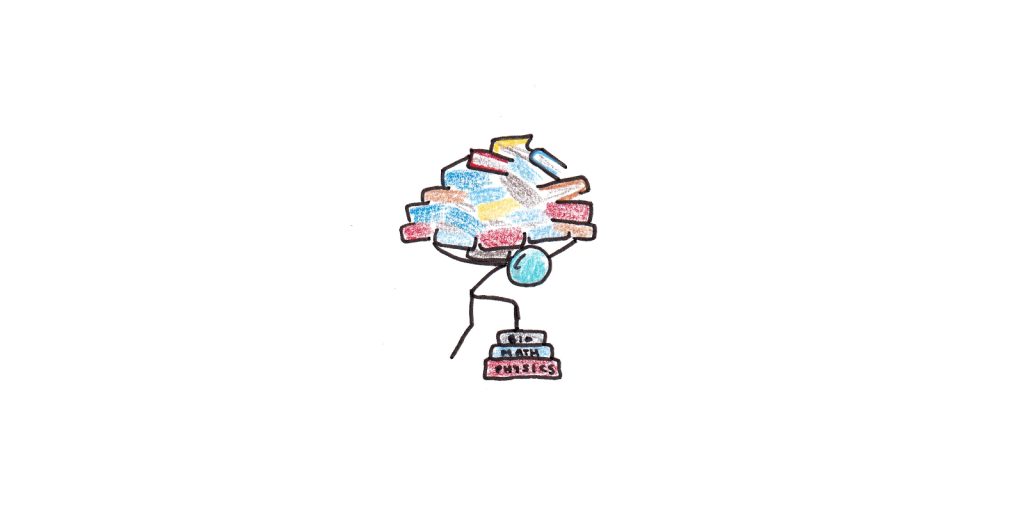Think of all the classes you’ve ever taken in school: math, history, biology, or social studies. Now think about all the classes you took in school for how to learn better. Can you even think of one?
We spend decades of our lives in school. After we graduate, we spend another few decades dealing with a constant bombardment of learning challenges in work and in our personal lives. Yet few of us have been taught the most effective ways to learn new things.
Instead, we’ve mostly been left to figure things out on our own. You find some way to squeak through classes on caffeine and all-night studying sessions. You develop your own personal style of colored highlighters, index cards and rewriting your notes.
Sometimes this ad-hoc method even works. If the class isn’t too hard, or if you’re particularly clever, you can skate by without really questioning your learning methods. Yet, sooner or later, we all encounter a challenge that threatens to break us. We face the class that feels impossible. The new job where we feel perpetually behind.

Faced with a harder challenge, we often feel like we have only two options: double-down on the methods that got us this far, and just work twice as hard, or give up and retreat—never being quite sure if we had it in us to make it.
Why Aren’t Effective Learning Strategies Widely Known?
Thinking about it this way, it seems crazy that effective learning strategies aren’t widely taught. It isn’t because they don’t exist. Indeed, research shows that there are tons of methods that we know work well for learning, and they’re often not the ones students use:
- Spacing out reviews works better than cramming.
- Interleaving studying materials is more efficient than doing one unit at a time.
- Recall strengthens memory more than review.
- Self-explanations ensure better understanding and transfer of learning.
In contrast, go-to favorites of students are often less effective. Highlighting can be a risky strategy if you want retention. Drawing concept maps isn’t as effective as retrieval practice. Late-night study sessions cut sleep, eliminating essential memory consolidation.
Given the decades we spend studying in school, becoming proficient at our jobs and learning new skills and hobbies, doesn’t it make sense to spend a little time first understanding how learning actually works?
You Need a High-Performance Learning System
Next week, I’m going to be opening a new session of my popular course, Rapid Learner. Leading up to that course, I’m going to share three lessons drawing upon science and hard-won practical experience for how to learn more effectively.
Today, all I want to stress is that you need a coach and a system for learning difficult things. Just as we don’t expect elite athletes to simply guess at the best technique for hitting a tennis serve or sprinting a 100 meter dash, you shouldn’t have to guess at which approaches work best for becoming skilled at the subjects you care about.


 I'm a Wall Street Journal bestselling author, podcast host, computer programmer and an avid reader. Since 2006, I've published weekly essays on this website to help people like you learn and think better. My work has been featured in The New York Times, BBC, TEDx, Pocket, Business Insider and more. I don't promise I have all the answers, just a place to start.
I'm a Wall Street Journal bestselling author, podcast host, computer programmer and an avid reader. Since 2006, I've published weekly essays on this website to help people like you learn and think better. My work has been featured in The New York Times, BBC, TEDx, Pocket, Business Insider and more. I don't promise I have all the answers, just a place to start.